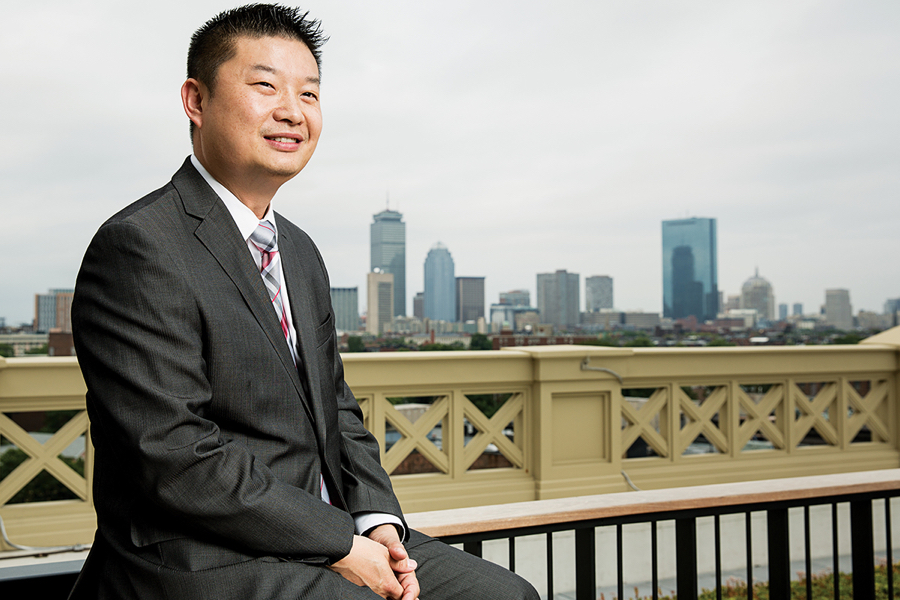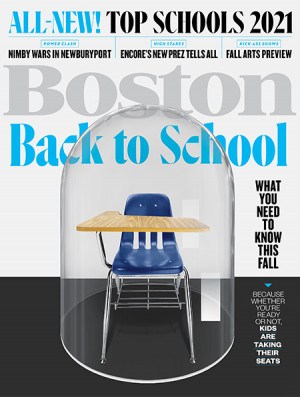Boston Public Schools Won’t Change Start Times in 2018
The decision comes after parents said the new schedule would be a disruption.

Photograph by Ken Richardson for “Power Lunch: Tommy Chang“
After backlash from parents who said the move would be too disruptive, Boston Public Schools will undo a controversial start time change that would have had high schoolers begin classes later, and younger students arrive at school earlier in the morning.
In a letter to parents on Friday, Superintendent Tommy Chang wrote that he had decided not to implement the schedule change, which had been intended to improve older students’ performance by better conforming to their natural sleep schedules. It would also have required younger students to start class as early as 7:15 a.m. and leave as early as 1:15 p.m.
The Boston School Committee voted unanimously to adopt the altered schedule, effective at the start of the next school year, on December 6. After parents protested, BPS held hearings in Boston neighborhoods, and got an earful.
Chang said he heard the complaints, which also came from city councilors and groups like the NAACP and Lawyers’ Committee for Civil Rights and Economic Justice, who said the change would disrupt jobs, require families to pay more in childcare, and be too much of a strain on younger students.
“It’s clear that while the new schedules achieve our goal of improving academic outcomes for students of all ages, the dramatic shifts to some school start times caused a more significant disruption to family schedules than we intended,” Chang wrote. “As Superintendent of Boston Public Schools, I am deeply committed to joining together with the broader community to get this right. That is why I have decided not to implement the new start and end times for the next school year.”
He said BPS would continue studying the issue and come up with another plan to reform school start times in the future, in collaboration with parents.
“We must share a collaborative spirit, and work together to find solutions to repair the institutional inequities that persist,” he wrote.

